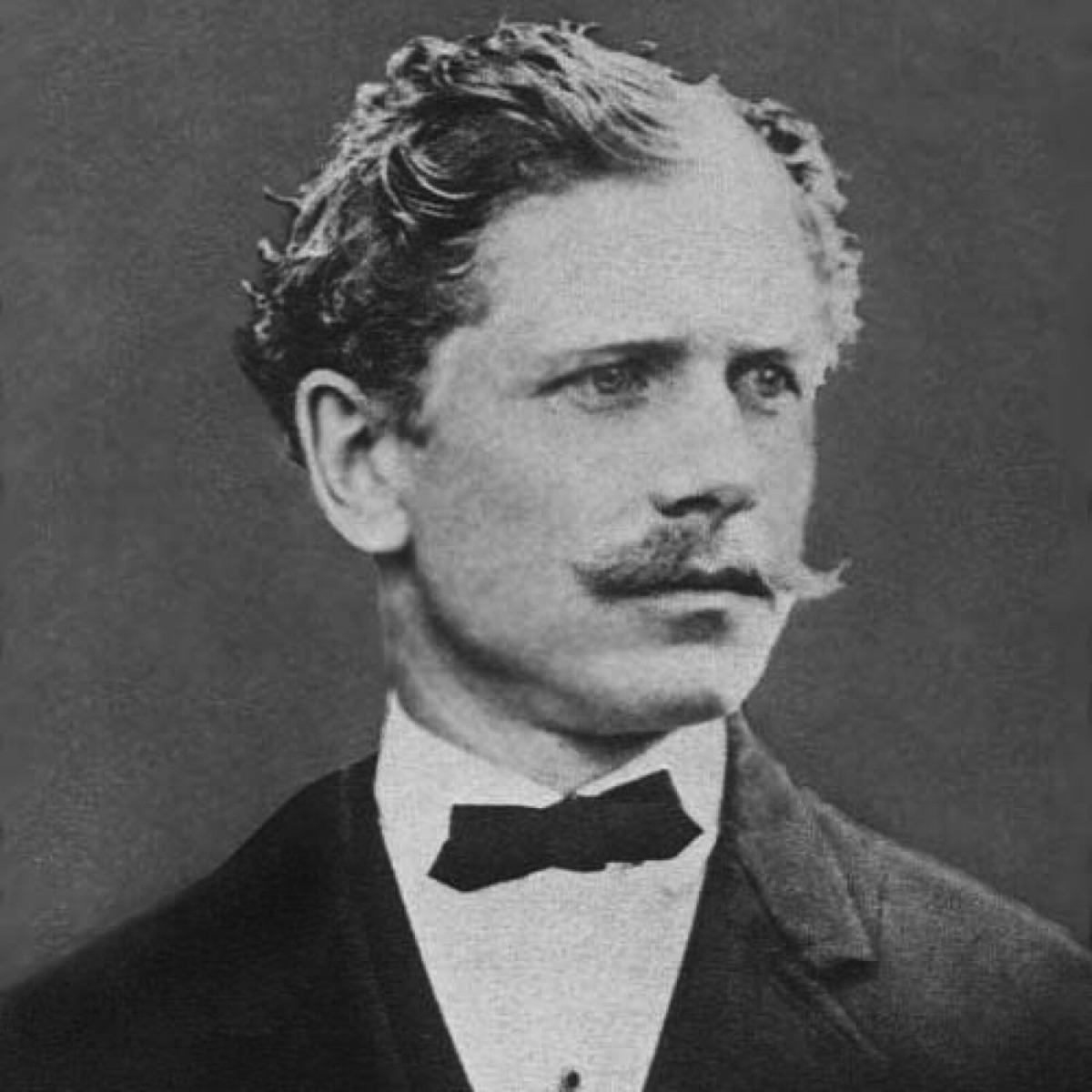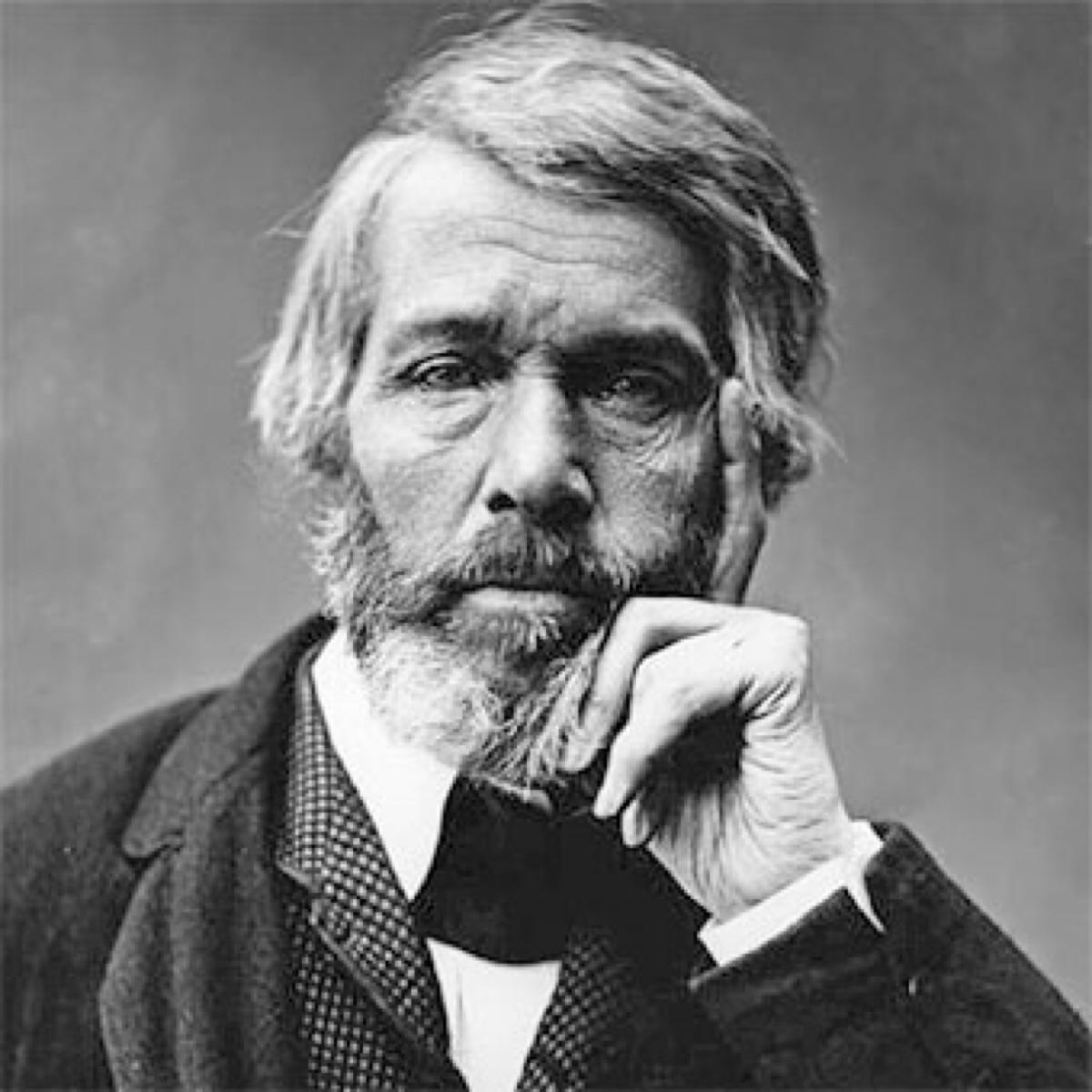Why Some People Are Anti-Science (And, By Extension, Anti-Logic) And What We Can We Do About It
Curated from: sciencealert.com
Ideas, facts & insights covering these topics:
16 ideas
·1.28K reads
6
Explore the World's Best Ideas
Join today and uncover 100+ curated journeys from 50+ topics. Unlock access to our mobile app with extensive features.
The Information Deficit Model
One of the biggest myths about communicating science is that merely presenting people with knowledge will lead to them acting accordingly with logic.
This is known as the information deficit model, and the mode of communication we're using here, but between the global pandemic and climate crisis we now have countless examples of how this often doesn’t work.
11
220 reads
Jumping On The (Science) Wagon And Killing The Train Driver
Industries are degrading trust in science by hijacking scientific credentials, using “sciency” sounding claims to bolster their clout for profits; companies, such as pharmaceutical companies lately, have most certainly given us plenty of reasons not to trust them. What’s more, science itself doesn’t always get things right, and large factions of the media are stoking sentiments against “elitist” experts and bolstering anti-science views.
10
152 reads
No Trust, No Boarding
Much of the misinformation we face is intentional and organized, and even worse, research has found lies seem to spread faster online and are often stickier than the truth.
All this doubt, conflict, and information overload are eroding people’s trust in scientists, and those often responsible for conveying scientific information to the public, like the media and government officials, are fairing even worse on the trust scales.
10
108 reads
The 4 Main Barriers To Accepting Science
Psychologist Aviva Philipp-Muller, now at Simon Fraser University, and colleagues dug into the scientific literature on persuasion and communication, to try and outline an up-to-date and cohesive overview on how to tackle this “wicked problem” of anti-science.
This distrust of the source of information is one of the four main barriers to accepting science Philipp-Muller and colleagues identify in their review.
When information challenges a person’s core beliefs, challenges the group they identify with, or doesn’t match their learning style are the other main barriers the team highlighted.
10
90 reads
Barrier #1: Distrust Of The Source Of Information
Lack of trust in the information source comes up time and time again as one of the key reasons people don’t accept scientific information.
Legitimate and robust scientific debate can also confuse people who are not familiar with the scientific process, further damaging trust when it spills into the public domain.
To combat these trust issues the researchers suggest highlighting the communal nature of science and emphasizing the wider, prosocial goals of research.
10
79 reads
Scientists Explain Away, Don’t Brush Away
Honestly acknowledging other people’ positions and any drawbacks in your own, rather than brushing them away, can also go a long way to better establishing trust, the team explains.
“Pro-science messages can acknowledge that there are valid concerns on the other side, but explain why the scientific position is preferable,” says Philipp-Muller.
10
75 reads
Barrier #2: Information Challenges The Group We Identify With
The way our thinking is wired as an obligatorily social species makes us very vulnerable to sometimes blindly believing those we identify with as part of our own cultural group – no matter how much education we have had. This phenomenon is called cultural cognition.
“Work on cultural cognition has highlighted how people contort scientific findings to fit with values that matter to their cultural identities,” write Philipp-Muller and colleagues.
10
68 reads
Tribal Loyalty And Information Tribalism
Political polarization and social media have only enhanced this. For example, in the US, conservatives are more likely to believe scientists that appear on Fox News, and liberals are more likely to trust those on CNN.
What is more, social media platforms like Facebook provide customized news feeds that means conservatives and liberals can get highly varied information.
To combat this we need to find common ground, create information that’s framed for specific target audiences, and collaborate with communities holding anti-science views, including people traditionally marginalized by science.
10
54 reads
Barrier #3: Information Challenges Our Core Beliefs
The internal conflicts created by information that challenges our social or personal beliefs such as morals and religion, lead to logical fallacies and cognitive biases such as cognitive dissonance.
Scientific information can be difficult to swallow, and many individuals would sooner reject the evidence than accept information that suggests they might have been wrong. This inclination is wholly understandable, and scientists should be poised to empathize.
10
55 reads
Prebunking Instead Of Debunking
“People get their defenses up if they think they are being attacked or that you’re so different from them that you can’t be credible,” says Petty. “Find some places where you agree and work from there.”
Counterintuitively, increasing someone’s general scientific literacy can actually backfire, because it provides the skill to better bolster their pre-existing beliefs. Increasing scientific reasoning and media literacy skills, and prebunking, the process of “debunking lies, tactics, or sources before they strike”, or “inoculating people against misinformation” are advised instead.
10
46 reads
Barrier #4: Information Doesn’t Match Our Learning Style
This problem is the most straightforward of the four – a simple mismatch in how information is being presented and the style best suited to the receiver. This includes things like preferring abstract compared to concrete information, or being promotion or prevention focused.
Here, Philipp-Muller and team suggest making use of some of the same tactics that anti-science forces have been using. For example, like the technology and advertising industry, researchers should be using metadata to better target messaging based on people’s profiles according to personal online habits.
10
43 reads
Everything we hear is an opinion, not a fact. Everything we see is a perspective, not the truth.
MARCUS AURELIUS
11
62 reads
In logic, A asserts and B denies. Assertions being proverbially untrue, the presumption would be in favor of B’s innocence were it not that denials are notoriously false.
AMBROSE BIERCE
10
56 reads
Surround truth with bitter denial and contradiction and you furnish it with the soil for its permanent growth.
THOMAS CARLYLE
10
56 reads
Science adjusts its views based on what’s observed.
Faith is the denial of observation so that belief can be preserved.
TIM MINCHIN
10
64 reads
In science it often happens that scientists say, “You know, that’s a really good argument; my position is mistaken,” and then they would actually change their minds and you never hear that old view from them again. They really do it. It doesn’t happen as often as it should, because scientists are human and change is sometimes painful. But it happens every day. I cannot recall the last time something like that happened in politics or religion.
CARL SAGAN
11
52 reads
IDEAS CURATED BY
CURATOR'S NOTE
“A few observation and much reasoning lead to error; many observations and a little reasoning to truth.” - Alexis Carrel
“
Xarikleia 's ideas are part of this journey:
Learn more about communication with this collection
How to create customer-centric strategies
The importance of empathy in customer success
The impact of customer success on business growth
Related collections
Similar ideas
9 ideas
Why Do Many Reasonable People Doubt Science?
nationalgeographic.com
5 ideas
The Mistrust of Science
newyorker.com
Read & Learn
20x Faster
without
deepstash
with
deepstash
with
deepstash
Personalized microlearning
—
100+ Learning Journeys
—
Access to 200,000+ ideas
—
Access to the mobile app
—
Unlimited idea saving
—
—
Unlimited history
—
—
Unlimited listening to ideas
—
—
Downloading & offline access
—
—
Supercharge your mind with one idea per day
Enter your email and spend 1 minute every day to learn something new.
I agree to receive email updates





